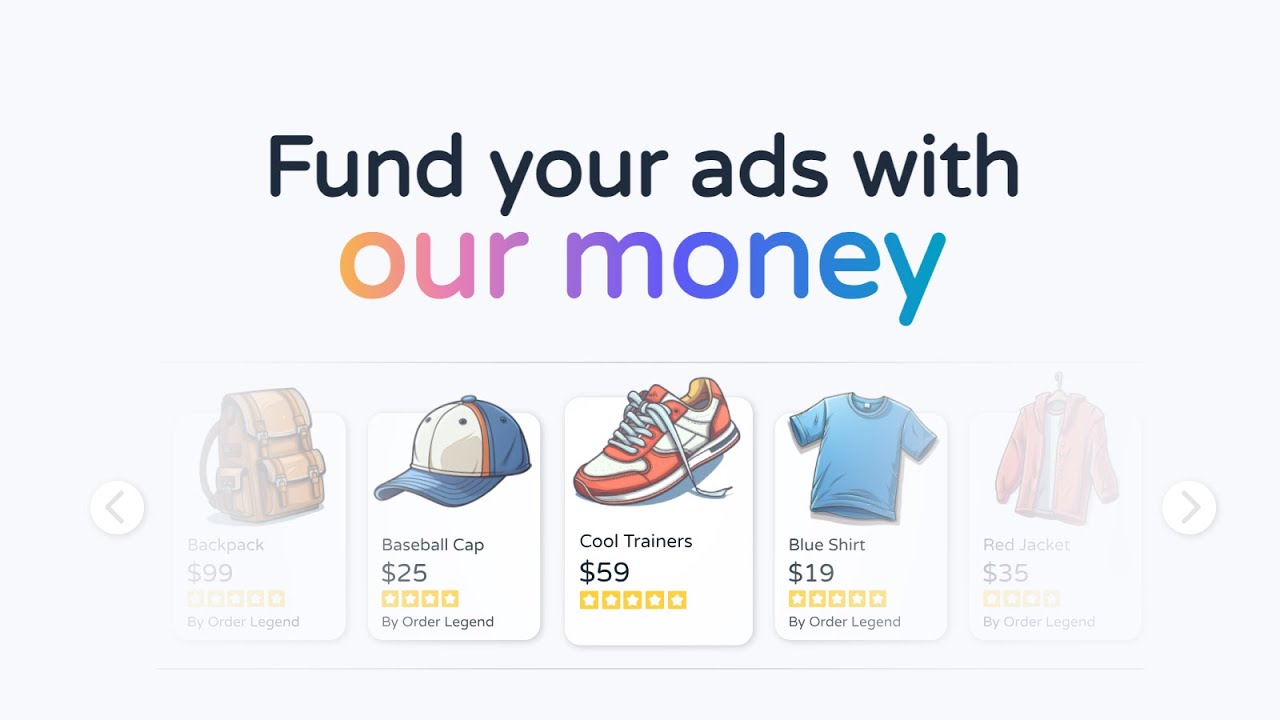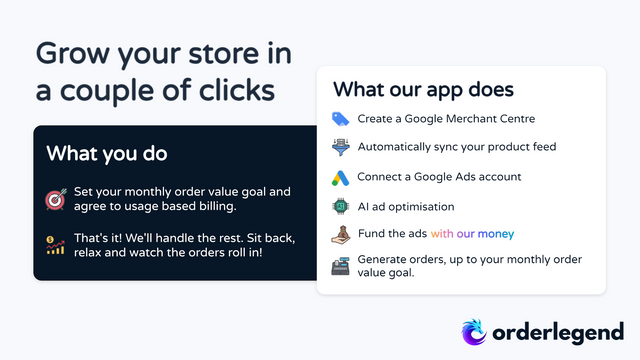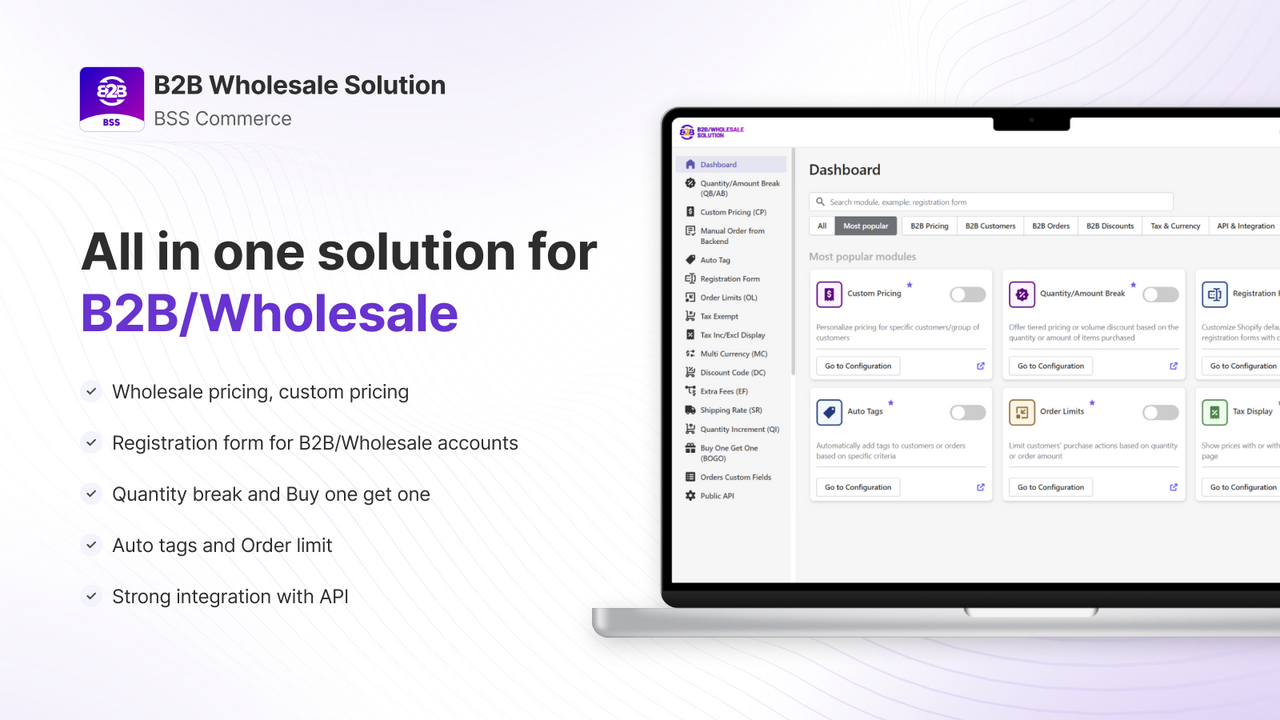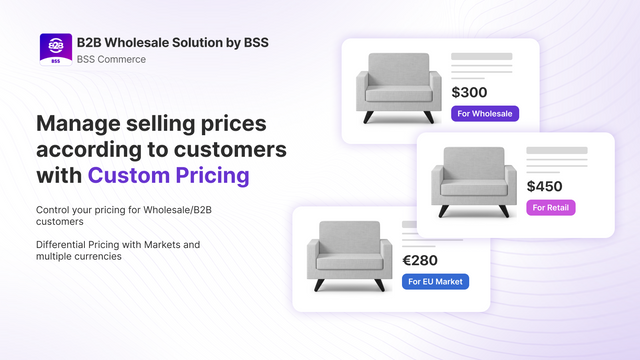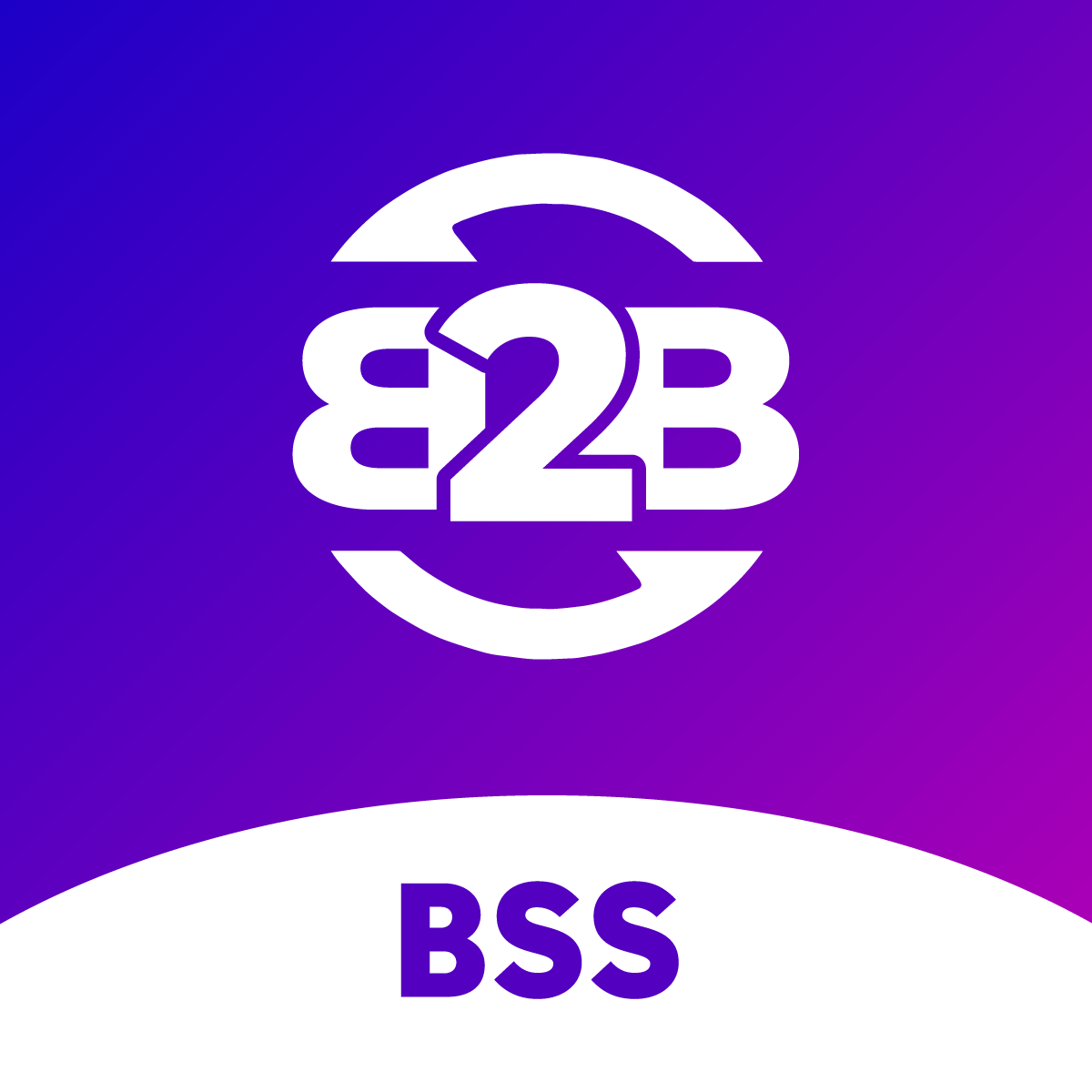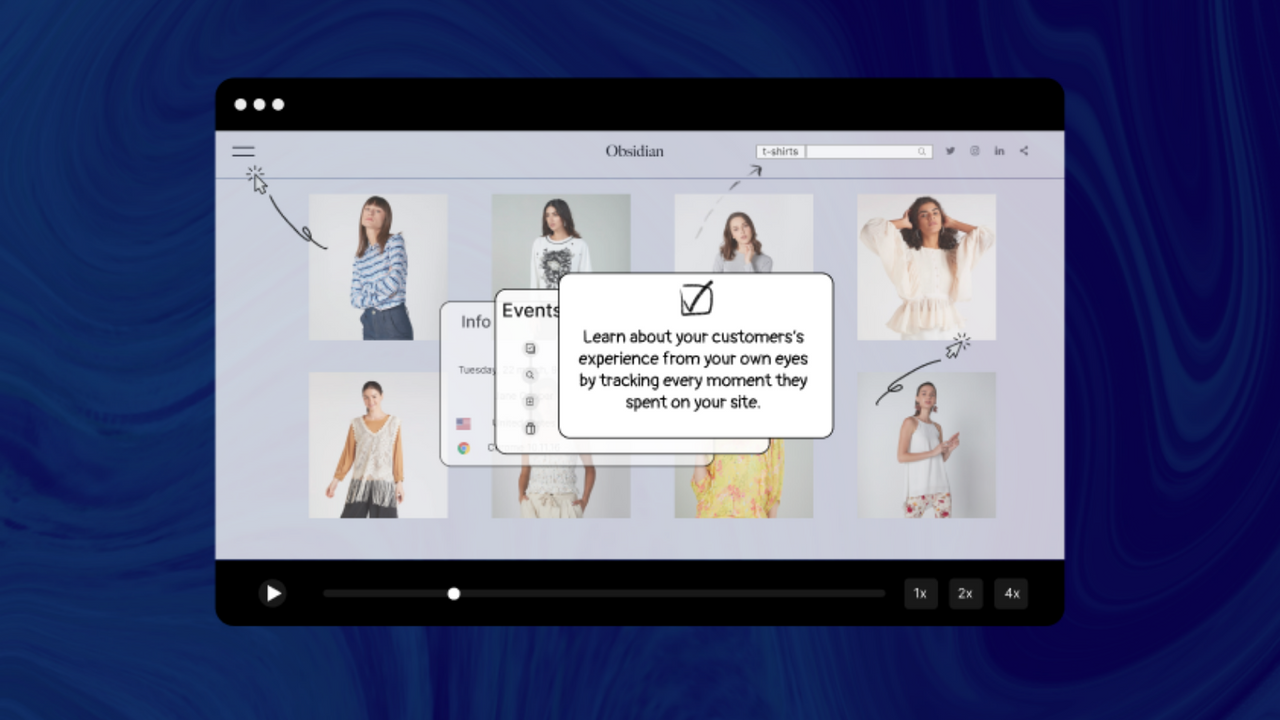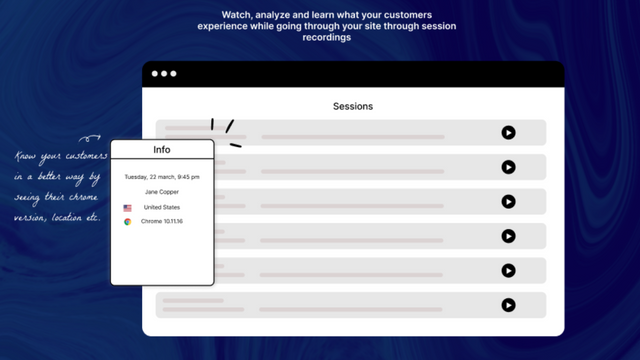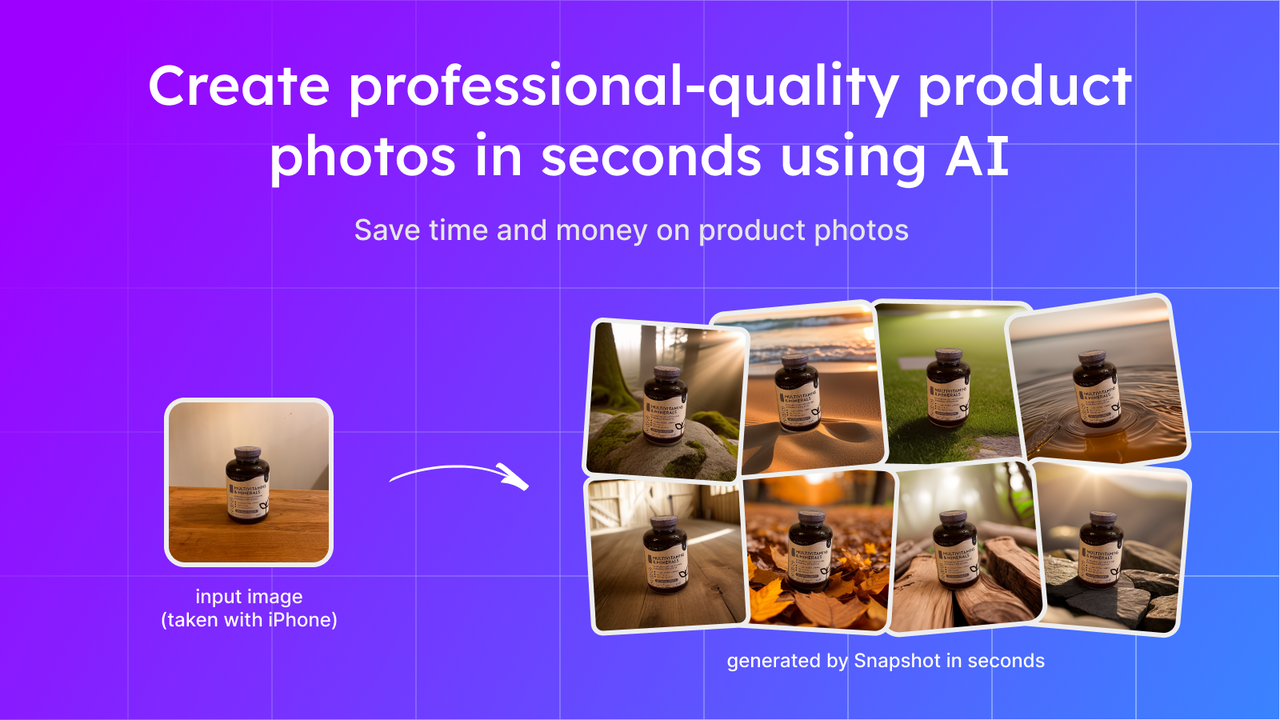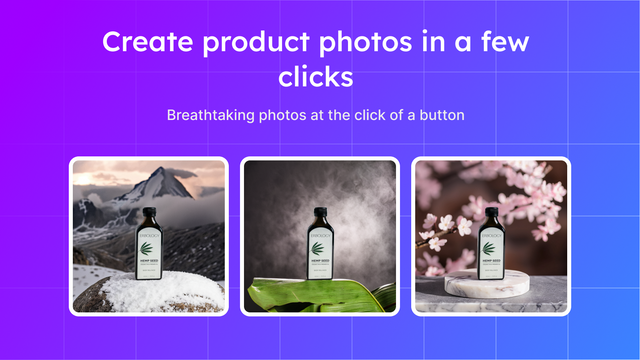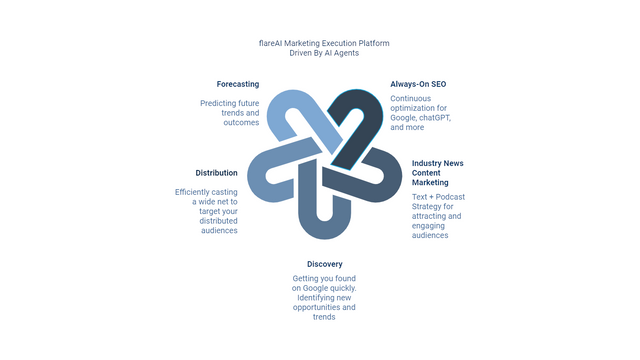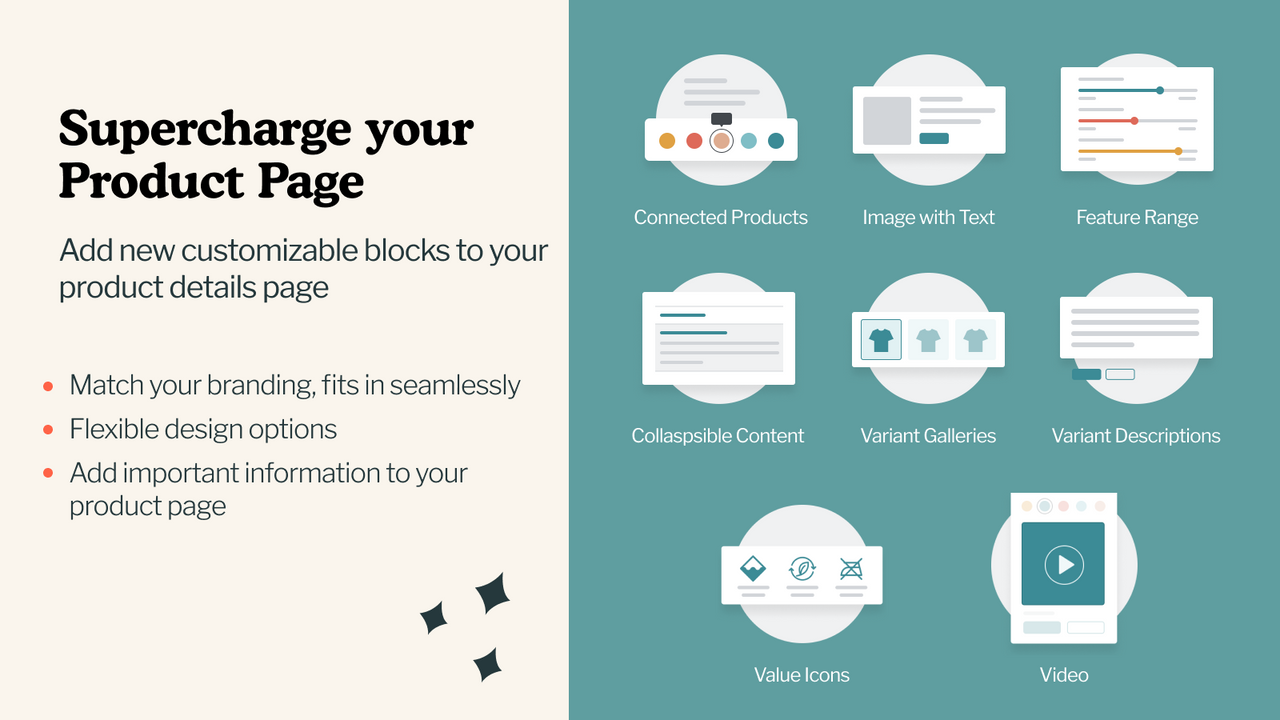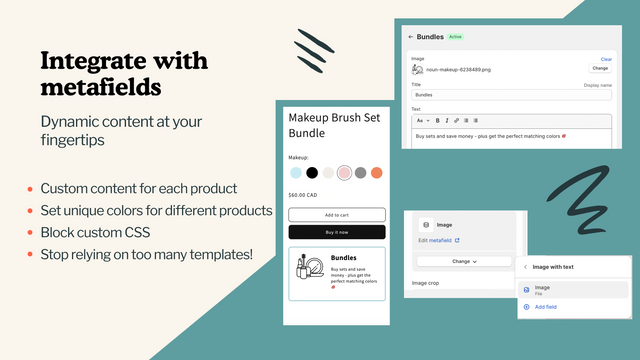When comparing Varos and Lebesgue, we see that both apps offer valuable insights and analysis to improve your digital marketing campaigns. Varos provides real-time benchmarks for key eCommerce metrics such as Cost of Customer Acquisition (CAC), repeat purchases, and abandoned checkouts. With Varos, you can tailor the comparison tools to gain valuable insights into your competitors' strategies and make informed decisions. On the other hand, Lebesgue offers comprehensive store analytics and ad performance analysis to uncover areas for refinement and growth. It also provides tools to elevate your financial reporting and marketing content development, utilizing customer lifetime value (LTV) and retention metrics.
The main difference between Varos and Lebesgue lies in the specific metrics and features they focus on. Varos specializes in eCommerce metrics and allows you to compare your Shopify store performance to industry peers, as well as compare your CPMs, CTRs, and CACs on platforms like Facebook, TikTok, and Google to your competitors. This enables you to make strategic decisions and improve your Shopify store's growth. On the other hand, Lebesgue focuses on comprehensive store analytics and ad performance analysis, offering features like analyzing cohort performance, retention, churn, and expected lifetime value. It also provides an interactive KPI dashboard for real-time analytics tracking. If you're looking for a tool that combines store analytics, ad performance analysis, and financial reporting, Lebesgue might be the better choice. However, if you specifically want to compare your Shopify store metrics and gain insights into your competitors' strategies, Varos would be a great option.

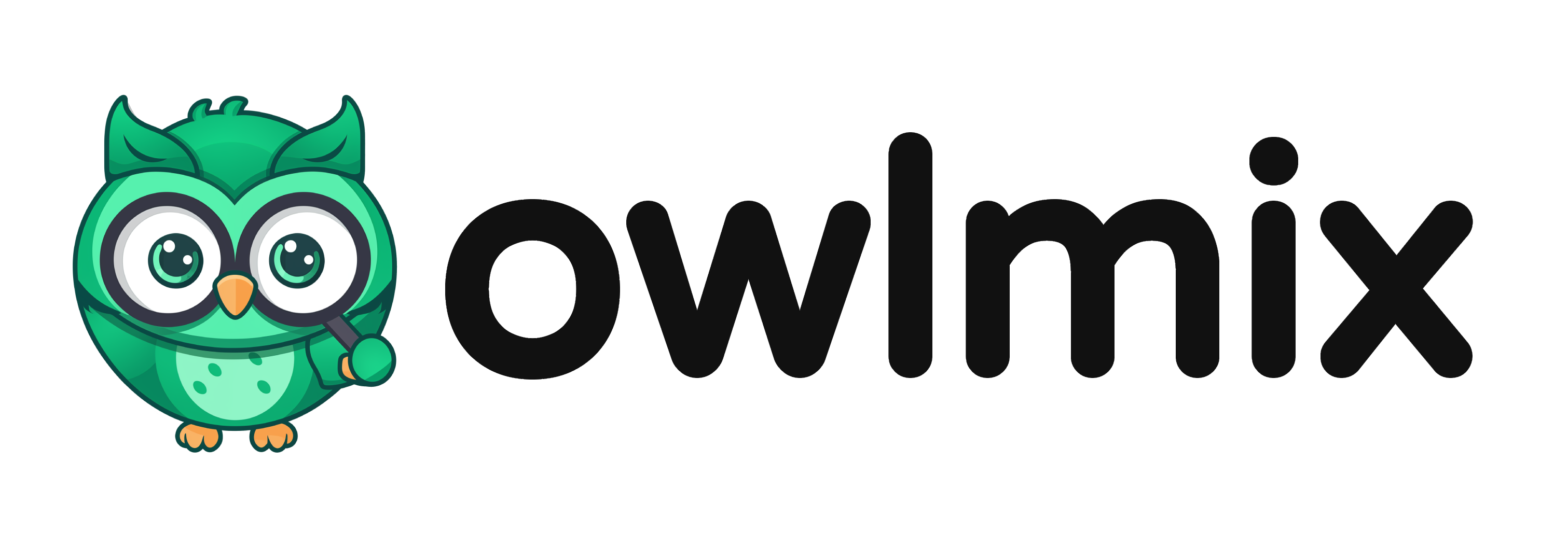



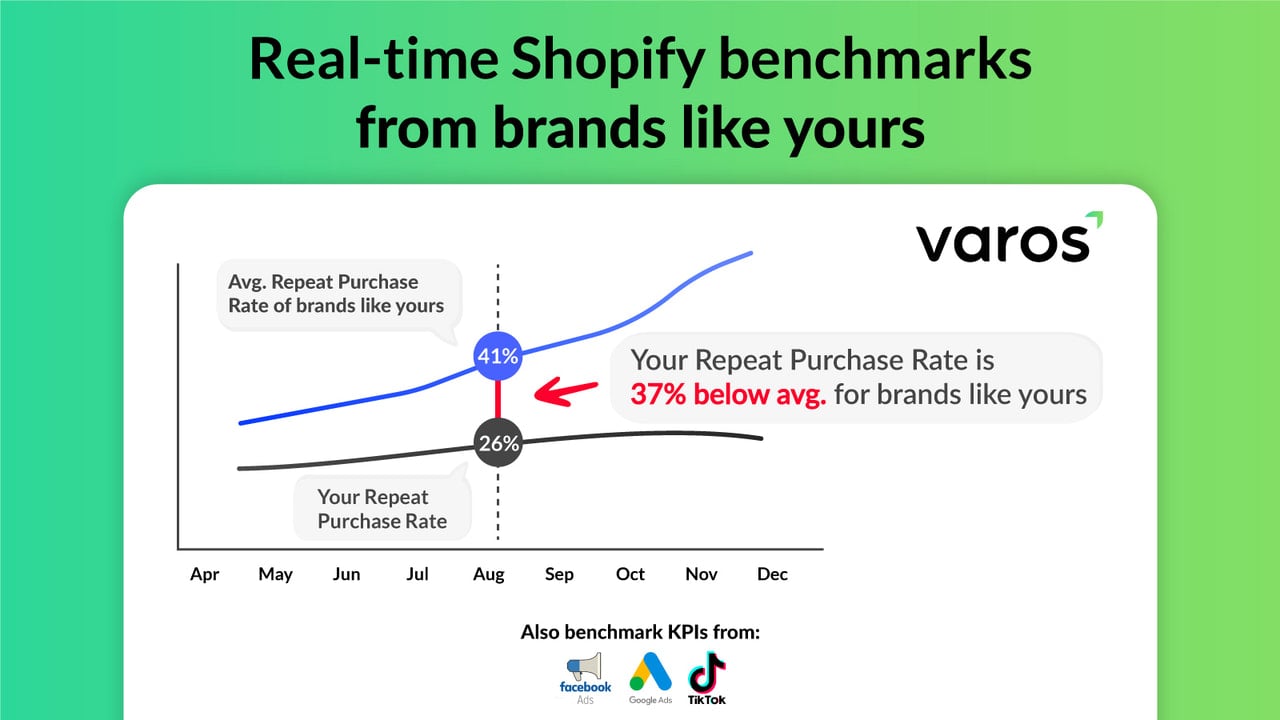


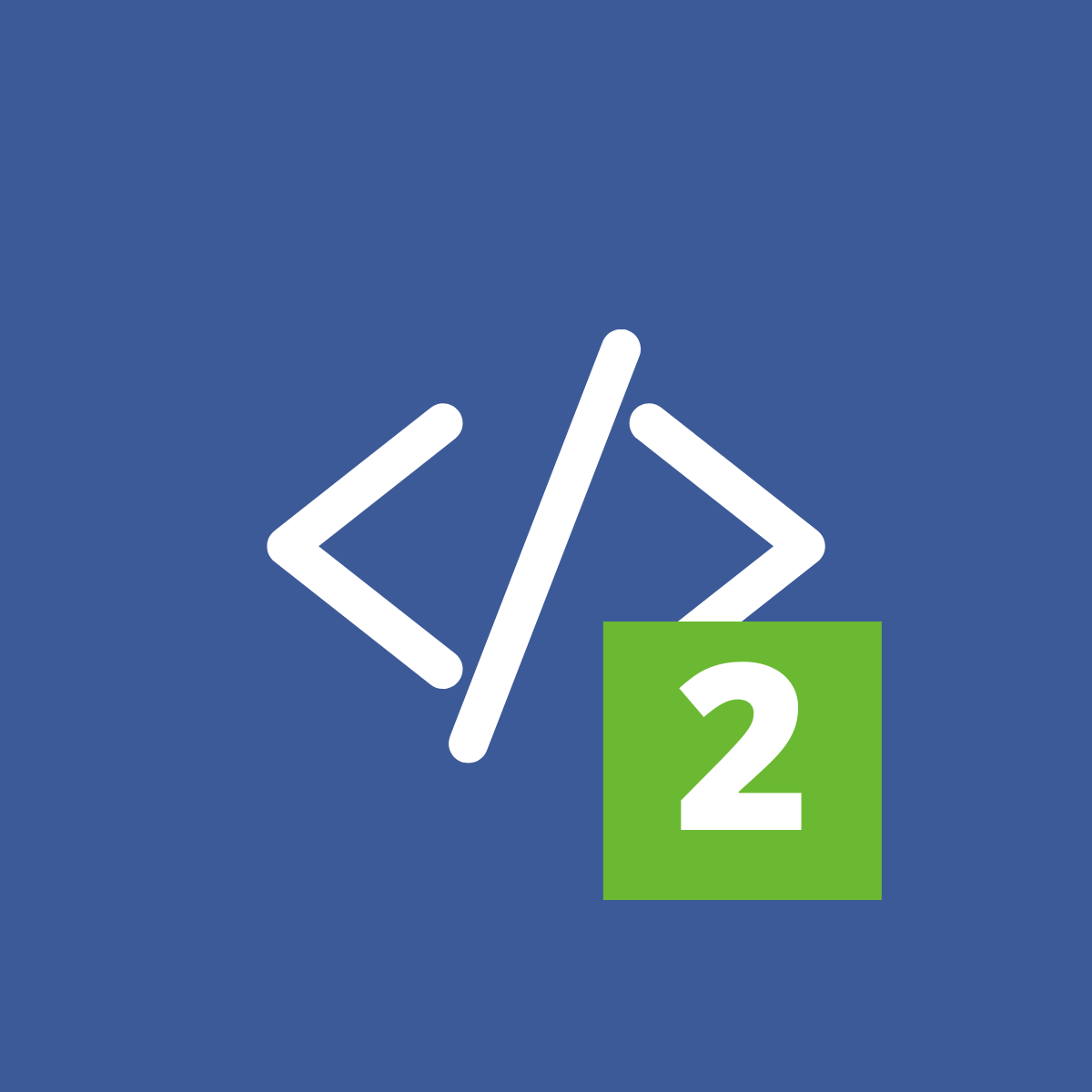


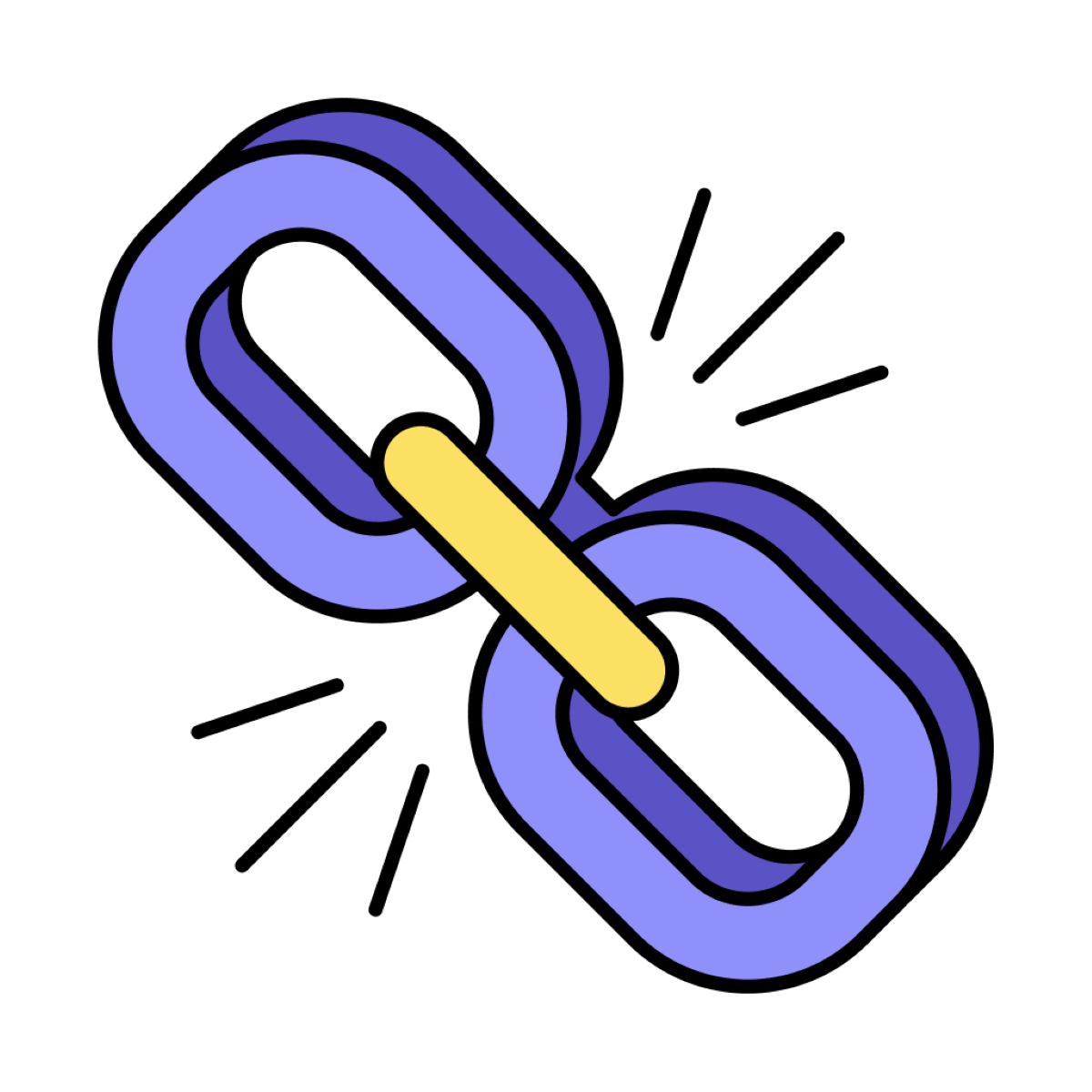




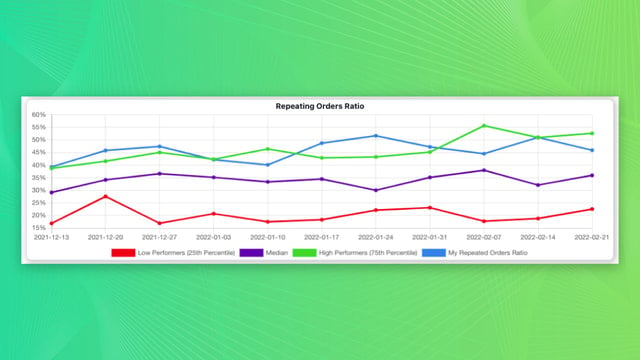
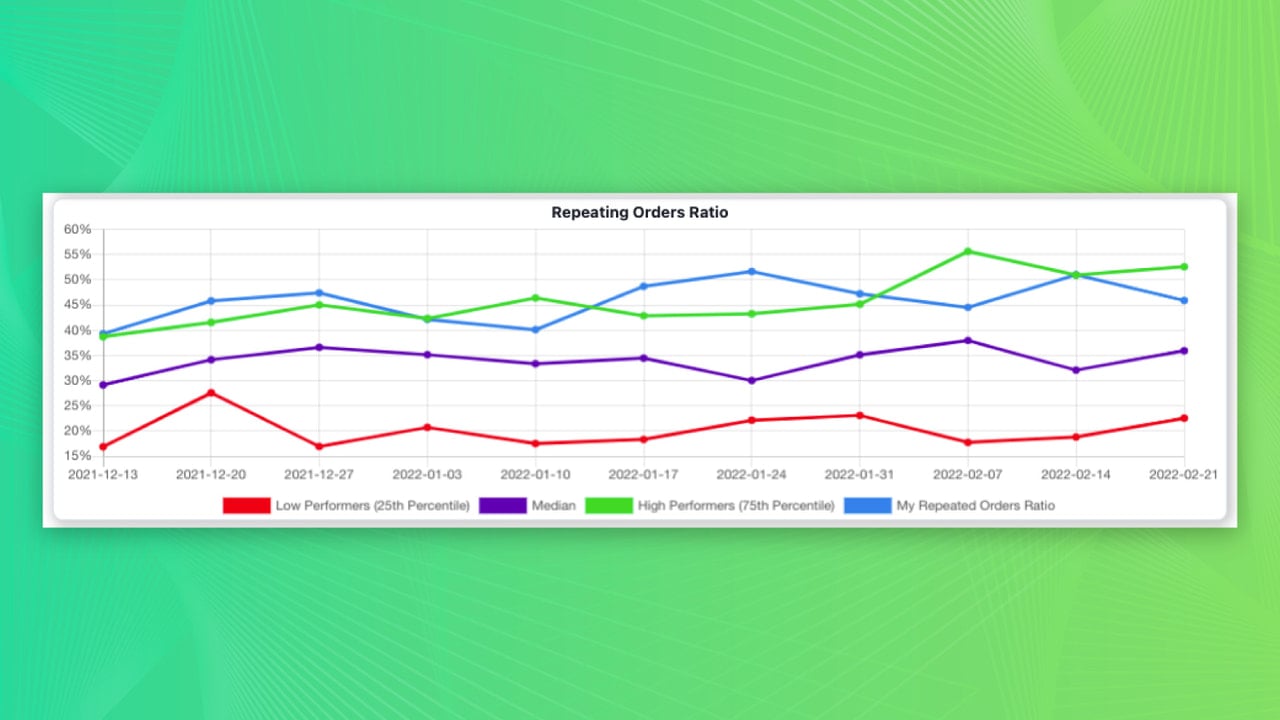
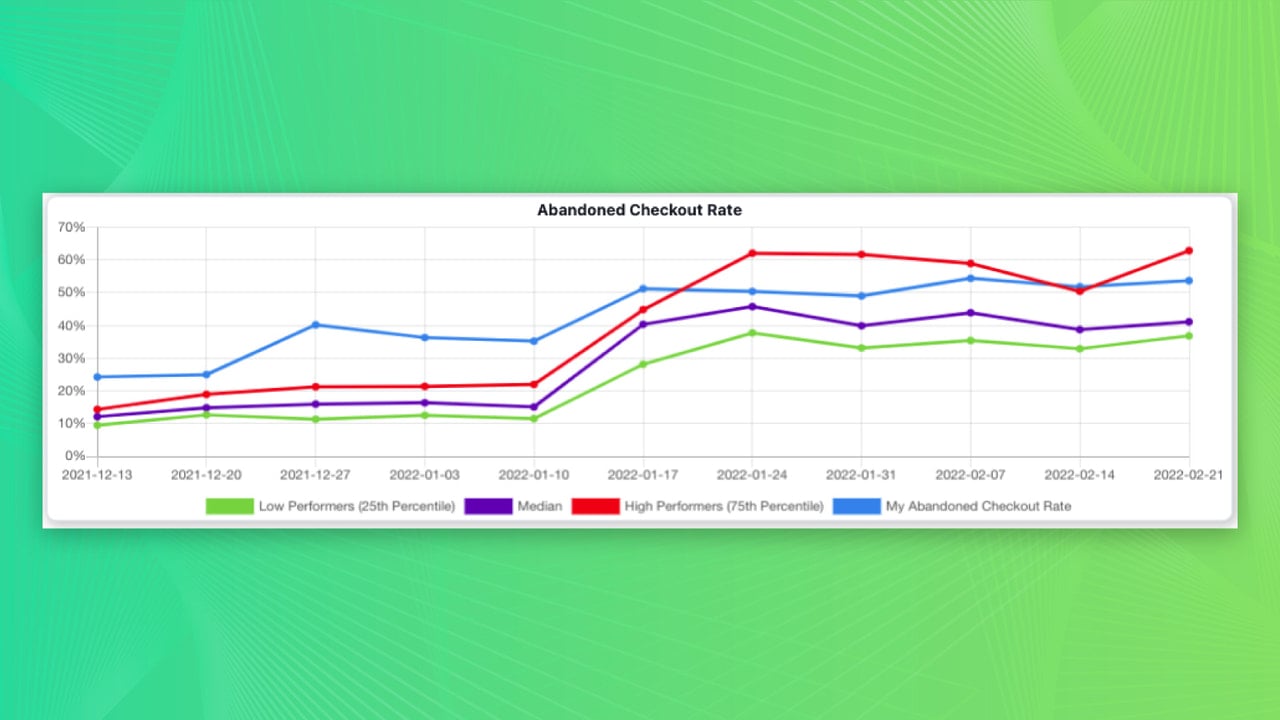
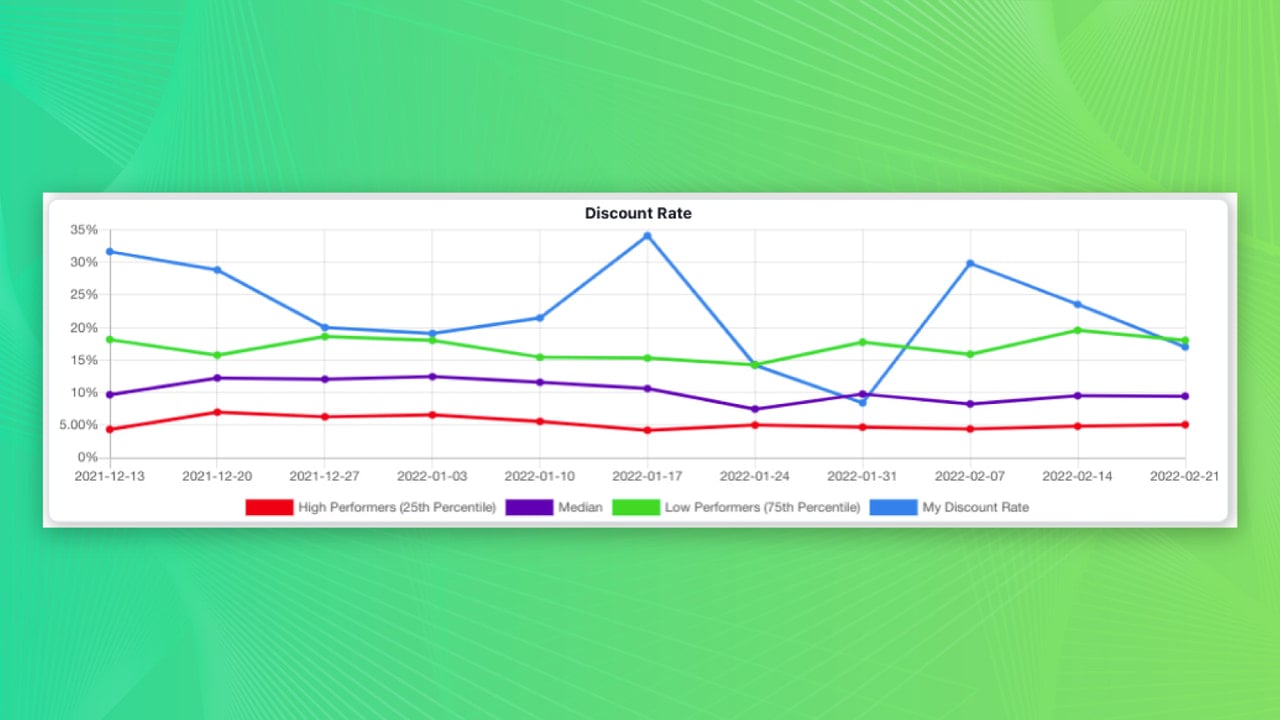
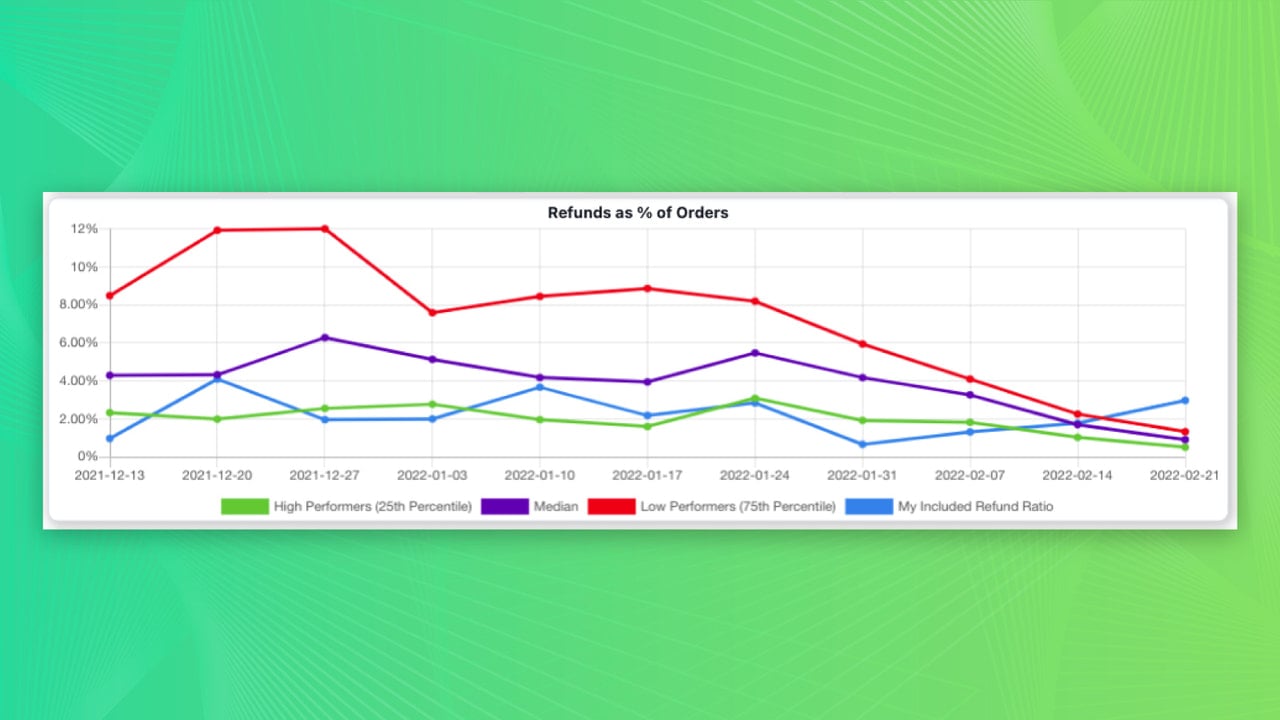

 Varos
Varos Lebesgue: AI Marketing & LTV
Lebesgue: AI Marketing & LTV